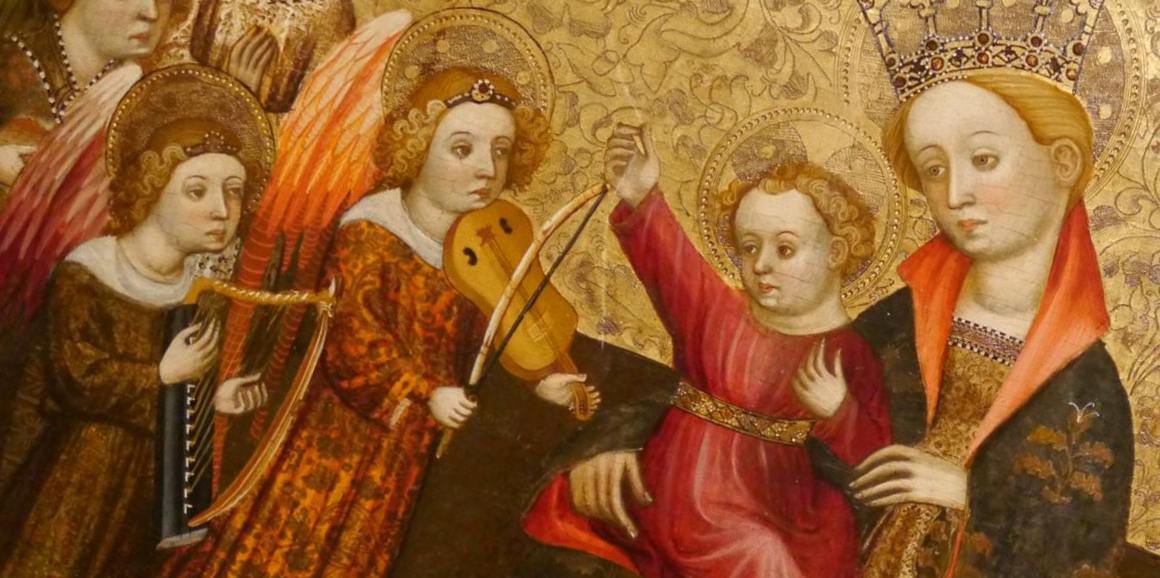
1860–61, Italy.
Coventry Carol sings the loss of slaughtered infants in a play depicting Herod’s massacre of the innocents. These mystery plays were religious community events, telling Bible stories in the vernacular with humour and pathos, from the creation right through to judgement day. They were performed annually by the local trade or craft guilds, a tradition that began in the middle ages. The mystery plays were threatened in 1548, along with the banning of the Feast of Corpus Christi that was the occasion of their performance, in a royal and ecclesiastical bid to rid England of all vestiges of Catholicism.
The play that carried Coventry Carol has only been preserved through acts of good timing and good luck, surviving the general loss of many period artefacts, royal suppression of its staging, and a devastating fire that destroyed the original document.
My first hearing of it was an act of theatre that changed my life. This was way back in 1984, but even now a shiver runs down my spine each time I think of it. The experience showed me the door to early music, a door which John Renbourn later opened; and it taught me what, at its best, a song can be.
This article was first published on 19th July 2015, now updated to include an interview with the author, Ian Pittaway, in an edition of BBC Radio 4’s Soul Music, and his performance of the song for the programme with Andy Casserley in the early music duo, The Night Watch. A video of the recording of the song for Soul Music is included in this article. The Coventry Carol edition of Soul Music was broadcast on Christmas Day 2019.
